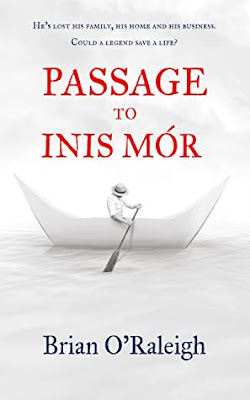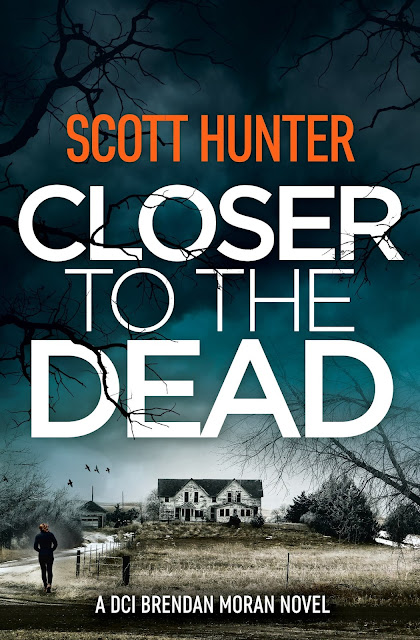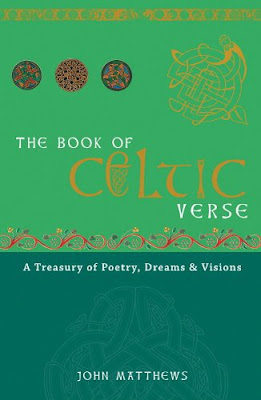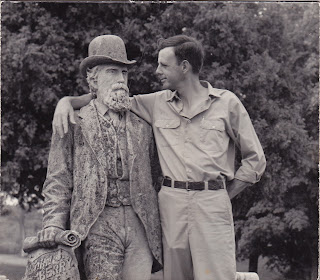John Clayton was born Conor O’Rourke. When he was 8, his father was killed in an accident, while driving them both to a special event. His devastated mother left Ireland for Australia, where she eventually married and renamed her mother, as if to eradicate any connection to Ireland.
Clayton is now in his 30s, with a family of his own. But it’s an estranged family. His wife has left with their son for France; John is too caught up in becoming a success in his advertising and marketing business to give his family the time they deserve. The business is failing; he’s about to lose both his car and his home. And then a call comes from his Irish grandmother, dying at her home on Inis Mór, one of the Aran Islands near Galway off the west coast of Ireland.
John goes to Ireland. But weather delays prevent him from reaching his grandmother before she dies. She had something to tell him, and something to ask his forgiveness for. And neither he, nor anyone who knew her, knows what it is. He thinks at first that he call sell the property he’s inherited and save his business and home in Australia, but her will prohibits a sale for two years. With nothing but disaster facing him in Australia, he decides to stay for a short while. And John Clayton begins to return to Conor O’Rourke, aided by an old man he meets, an old man who knew his father and tells him of the gift his father had, the storytelling gift. And Conor will discover that he, too, has the gift. And he might just save himself.
Brian O'Raleigh
Passage to Inis Mór by Brian O’Raleigh is Conor O’Rourke’s story, and a wonderful story it is. Conor and his new friend, whose name he never learns, work on restoring a fishing boat, a boat built by Conor’s grandfather and sailed by Conor’s father. And Conor will come to find himself and learn who he is, the gift he’s ignored, and the possible way back to his family.
O’Raleigh has also published two memoirs, The Boy in the Boat and Waking Walter; a poetry collection, Poetry of Inis Mór, and the non-fiction book Quest for Meaning: The Magical Power of Purpose. He lives in Australia, Ireland, and the island of Bali.
Passage to Inis Mór is a story of Ireland, its history, and a man who finds his way back home.




















